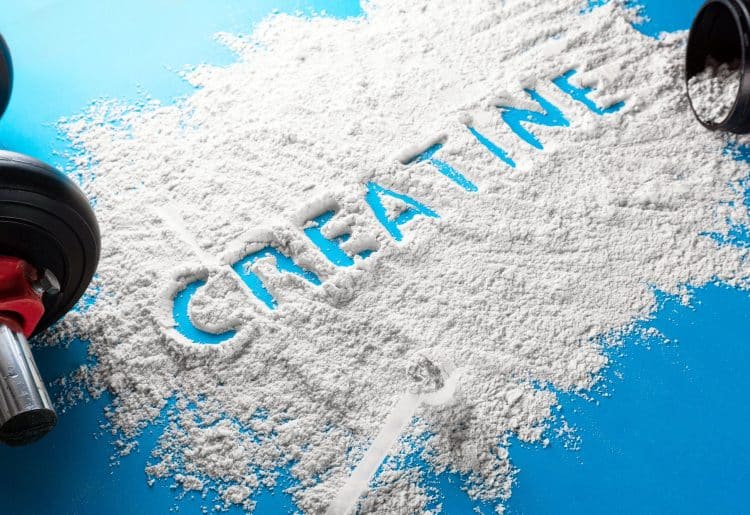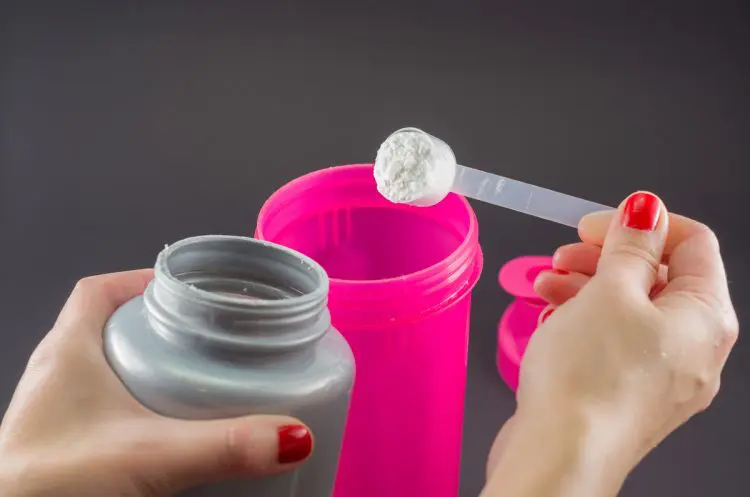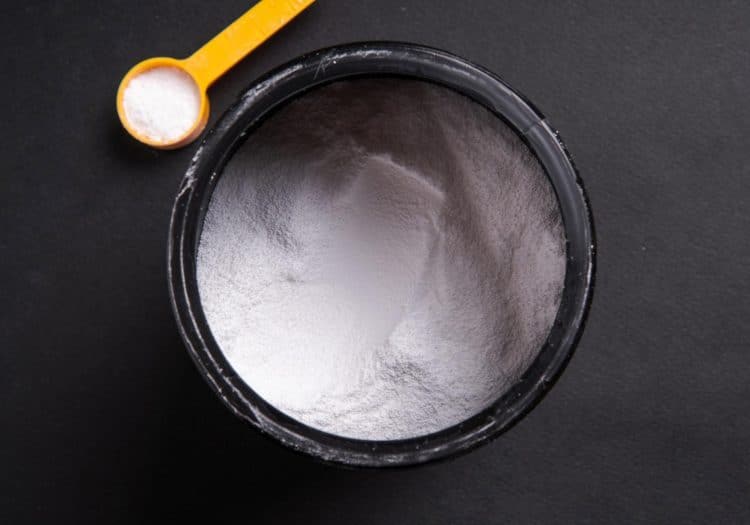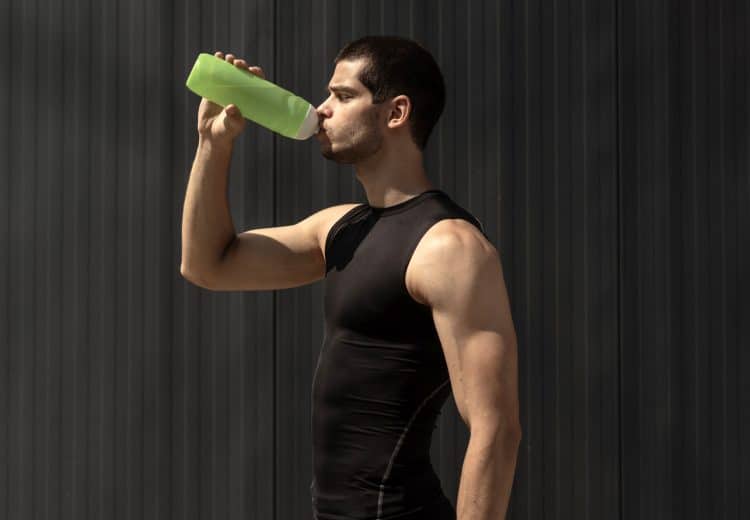The sports nutrition world can be incredibly intimidating, as multiple new products launch weekly.
However, most of these supps are nothing more than fats, and you only need a few effective ones to make noticeable improvements in your physique. One of these supplements is creatine.
As a personal trainer with over 17 years of experience lifting weights and using supplements, I can vouch for creatine’s effectiveness. For the uninitiated, creatine is a chemical found in the body. Supplementing with creatine can help boost exercise performance, build muscle mass and strength, improve brain health, and enhance cellular metabolism. (1)
One of the best things about creatine is that it is relatively cheaper than the other supplements available on the market.
Nonetheless, there are several misconceptions that keep people from adopting this supplement. In this article, I’d debunk the most common creatine myths and provide a clear guide on how to use it for optimal results.
Debunking Creatine Myths
These are the most common misconceptions about creatine:
Myth 1: Creatine is a steroid
If I got a dollar every time someone told me creatine was a performance-enhancing drug (PED), I’d be richer than those Lamborghini-yielding crypto millionaires.
Creatine is an organic compound that is produced naturally in the muscle cells. It is also present in red meat and seafood. So, creatine is not a steroid. It’s not even close.
Creatine is made up of three amino acids — glycine, arginine, and methionine. Hence, creatine is not a hormone that can alter your body’s chemistry. Think of it like an energy source, which is readily available for your muscles.
Myth 2: Creatine is only for bodybuilders
While creatine is undoubtedly the most popular amongst bodybuilders, it can be incredibly useful for other athletes like footballers, sprinters, and CrossFitters.
Any athlete that relies on a quick burst of energy can benefit from creatine supplementation. Furthermore, it can help you lift heavier and recover faster. So, whether you are chasing a new PB on the three big lifts or simply want more energy for your daily activities, creatine can come in handy.
Myth 3: Creatine damages your kidneys
Creatine works by pulling more water into your muscle cells. This has made many people believe that it can harm your kidneys.
However, according to a meta-analysis, creatine supplementation doesn’t harm the kidneys in healthy individuals. (2) Plus, the kidneys efficiently filter and excrete creatine and its byproduct, creatinine, with no significant changes in creatinine clearance, urea levels, or other markers of renal function.
However, you must consult your healthcare provider before starting creatine supplementation if you’re dealing with existing kidney issues.
Myth 4: Creatine causes bloating and water retention
While there is some truth to this, the water retention levels are often exaggerated. You might experience a slight water retention, especially if you are adopting the loading phase. However, this effect is usually temporary and subsides as your body adjusts to the new creatine intake.
Remember, the extra water in your muscles will help them work harder during your workout and recover faster.
Myth 5: You need to cycle on and off creatine
There are a couple of different ways you can consume creatine, which has led to confusion about the optimal intake.
That said, you do not need to cycle creatine.
Your body produces creatine naturally, and consistent supplementation is safe and effective in the long term. You can think of creatine as a multivitamin that you can take daily. Experts recommend maintaining stable creatine levels in your body to ensure optimal gains.
The Science of Creatine
Before we get into the nitty-gritty of creatine dosage and timing, let’s talk about how it works as it will empower you to use it effectively to maximize its results:
Boosting ATP Production For Better Endurance and Strength Gains
Your body needs fuel to function optimally, and adenosine triphosphate (ATP) is the fuel that powers everything. Creatine boosts ATP production, allowing you to exercise harder and for longer.
ATP production is even more important for short, explosive workouts like high-intensity interval training (HIIT).
Research suggests that creatine supplementation increases time to muscle exhaustion in exercises that require multiple surges in intensity and/or during end spurts, such as cross-country skiing, mountain biking, cycling, and triathlon. (3)
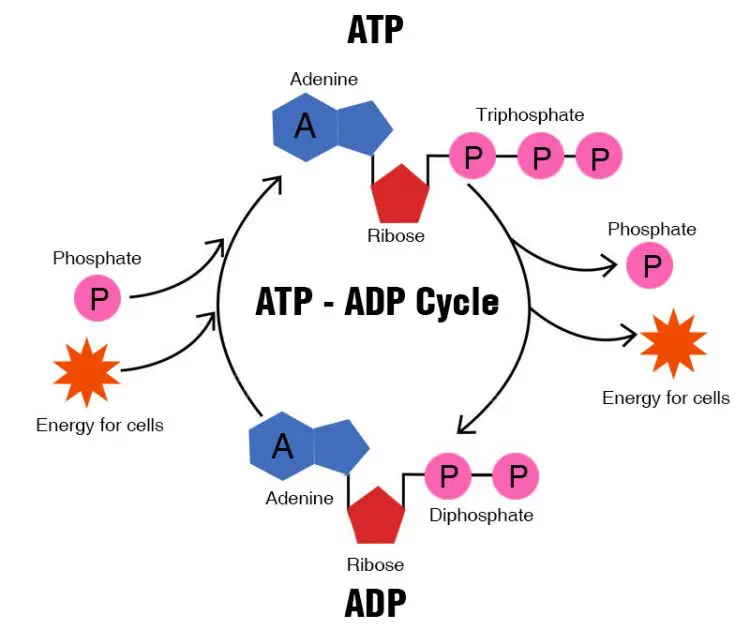
Types of Creatine
Creatine supps come in several different forms and can have a significant impact on your results. Here are the most popular types of creatine supplements:
- Monohydrate: It is the most researched, popular, and cost-effective form of creatine. If you must pick only one creatine supp, this should be it.
- HCL: Some favor HCL over monohydrate as it is more soluble in water, improving its synthesis in the body. However, more scientific evidence is needed to uphold its effectiveness over monohydrate.
- Ethyl Ester: This is even better absorbed in the body as compared to HCL, but lacks any significant benefits over monohydrate.
Creatine For Muscle Growth
As explained earlier, creatine increases the water content in the muscle tissues, fostering an environment that promotes muscle protein synthesis. Many of my personal training clients report feeling ‘fuller’ and stronger while supplementing with creatine.
Brainpower Booster
Improvements in cognitive function are one of the most overlooked benefits of creatine. The richest (and arguably the smartest) man on the planet, Elon Musk, raved about creatine’s benefits on Joe Rogan’s podcast.
“Creatine is actually a nootropic, believe it or not. It’s not just for bodybuilders; it’s something that can help you think more clearly. We often think of it just for fitness, but the brain needs fuel just like muscles do,” said Musk.
Emerging scientific evidence concludes that creatine supplementation can improve short-term memory and reasoning abilities, boost focus and mental fatigue resistance, and protect against age-related cognitive decline. (4)
Creatine Dosage and Timing
Now that you know how creatine works its magic, let’s get down to business and dissect how to consume it to get the best bang for your buck:
Loading Phase vs. Maintenance Phase
There are two main ways of consuming creatine:
- Loading Phase: It involves taking around 20 grams of creatine daily, which is divided into four doses for five to seven days. Then, you switch to the maintenance phase.
- Maintenance Phase: Consume three to five grams daily.
While the loading phase allows you to reach the muscle creatine saturation levels quickly, there is no scientific evidence to prove that it is a superior method compared to starting and sticking with the maintenance phase.
Feel free to pick the method that better suits your lifestyle and preferences.
If you can’t make the time to consume a scoop of creatine four times every day, I recommend you opt for the maintenance phase.
Optimal Dosages
While most brands in the post-pandemic era recommend a three-gram serving on their containers, your ideal creatine intake will depend on multiple factors, including your age, gender, muscle mass, activity level, and training objectives.
Experts recommend taking 0.03 grams of creatine per kilogram of body weight. For instance, a 180-pound (82-kilogram) individual should take around 2.5 grams of creatine daily.
Coach Tip: Use this only as a benchmark. Tweak your daily intake based on your progress and goals.
Best Time To Take Creatine
This is one of the most common queries regarding creatine.
Some people prefer taking creatine post-workout, while others swear by dry-scooping the white powder with their pre-workout shake.
To be honest, there is no such optimal time.
Like protein, you shouldn’t micromanage your creatine timing. Instead, focus on hitting your daily intake target consistently. In my case, I like to take creatine first thing after brushing my teeth in the morning. This ensures that I don’t miss my creatine scoop, even on days when I’m not training.
While we are at it, I must add that you should avoid dry scooping creatine, as it increases the risk of choking, can cause digestive issues like stomach cramps, bloating, and diarrhea, and has no proven benefits over mixing it with water.
It might be more convenient to dump a scoop of creatine into your mouth directly, but it is not as safe or recommended.
Stacking Creatine With Other Supplements
Five grams of creatine is nothing and can be safely combined with other supplements.
Many athletes like to stack creatine with beta-alanine. The latter is an amino acid that delays lactic acid build-up in the muscles, which can improve endurance and reduce overall fatigue. The ATP boost by the creatine helps make the most of these conditions.
Furthermore, you can combine creatine with caffeine to improve your focus and energy levels or with protein to maximize the muscle protein synthesis potential.
With all said and done, I highly recommend getting your healthcare professional’s clearance before you start a new supplement regime. Everyone has unique nutrition needs and responds to supps differently.
Importance of Hydration
I feel like a broken record right now, but this is important — creatine draws water into your muscle tissues. Hence, you will need to increase your water intake to prevent the risk of dehydration and its awful side effects.
Most folks should aim for a gallon of water daily while supplementing with creatine. People who were already drinking this much water before starting this supp should add a couple of glasses more to their daily routine.
Remember, a lack of water can hamper creatine’s results and even cause muscle cramps.
Coach Tip: I highly recommend maintaining a training journal to track if creatine is working. It will also allow you to adjust your dosage and overall training volume to maximize your results.
Conclusion
Creatine has been around for decades and is one of the most well-researched and effective sports nutrition products. Yet, it’s mind-blowing how much misinformation there is about this supp.
This article has hopefully helped you get rid of all confusion about creatine once and for all and highlighted how you can make the most of this supplement.
Beginners should start small, ideally with a three-gram serving of creatine, and increase the dosage as their body adapts to the supplement.
If you have any questions about creatine supplementation, post them in the comments below, and I’ll be happy to help!
References:
- Wax B, Kerksick CM, Jagim AR, Mayo JJ, Lyons BC, Kreider RB. Creatine for Exercise and Sports Performance, with Recovery Considerations for Healthy Populations. Nutrients. 2021 Jun 2;13(6):1915. doi: 10.3390/nu13061915. PMID: 34199588; PMCID: PMC8228369.
- de Souza E Silva, A., Pertille, A., Reis Barbosa, C. G., Aparecida de Oliveira Silva, J., de Jesus, D. V., Ribeiro, A. G. S. V., Baganha, R. J., & de Oliveira, J. J. (2019). Effects of Creatine Supplementation on Renal Function: A Systematic Review and Meta-analysis. Journal of Renal Nutrition: the official journal of the Council on Renal Nutrition of the National Kidney Foundation, 29(6), 480–489. https://doi.org/10.1053/j.jrn.2019.05.004
- Forbes, S. C., Candow, D. G., Neto, J. H. F., Kennedy, M. D., Forbes, J. L., Machado, M., Bustillo, E., Gomez-Lopez, J., Zapata, A., & Antonio, J. (2023). Creatine supplementation and endurance performance: surges and sprints to win the race. Journal of the International Society of Sports Nutrition, 20(1), 2204071. https://doi.org/10.1080/15502783.2023.2204071
- Xu, C., Bi, S., Zhang, W., & Luo, L. (2024). The effects of creatine supplementation on cognitive function in adults: a systematic review and meta-analysis. Frontiers in nutrition, 11, 1424972. https://doi.org/10.3389/fnut.2024.1424972



